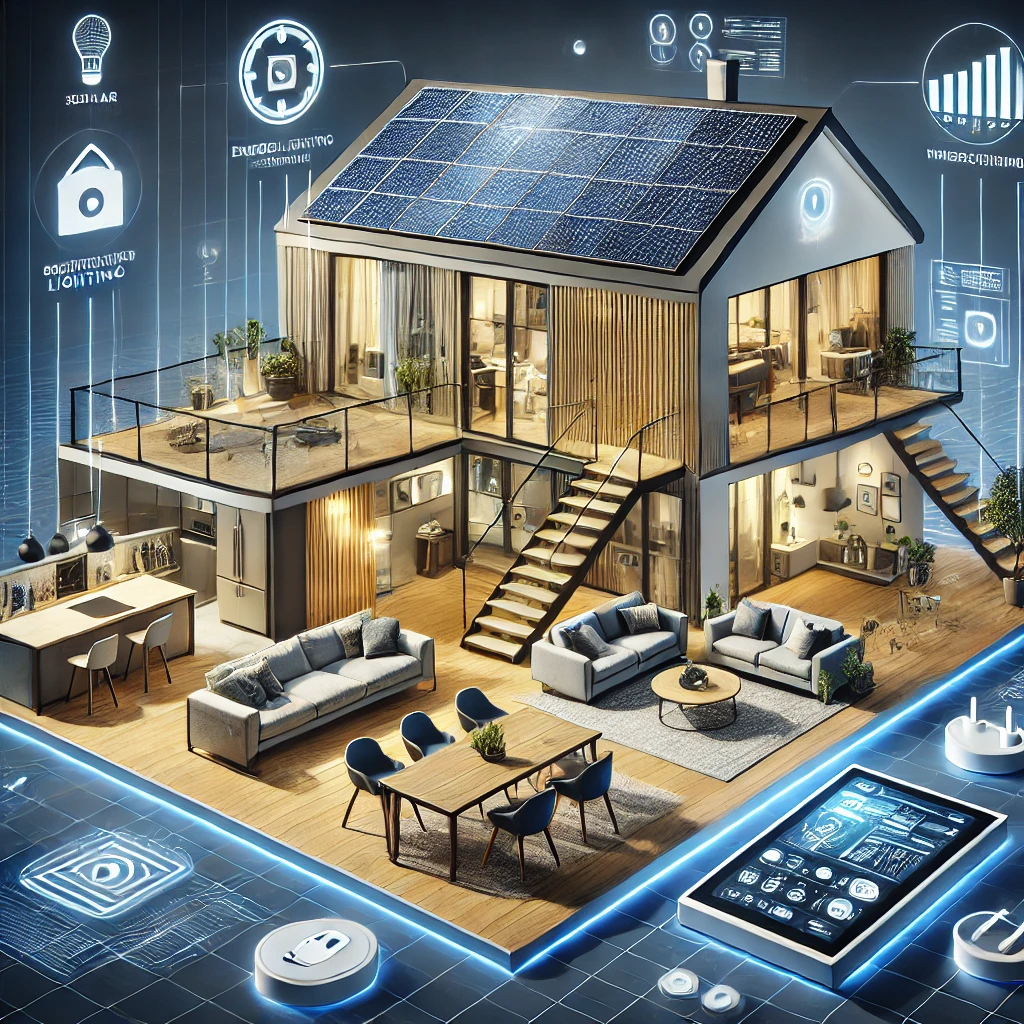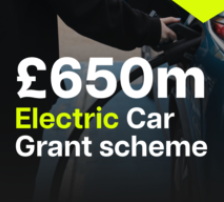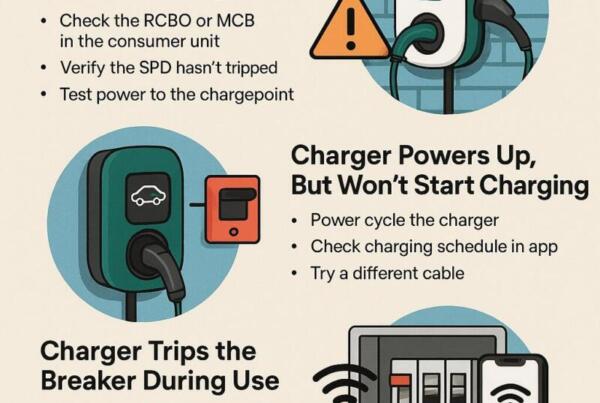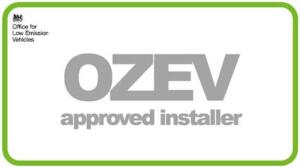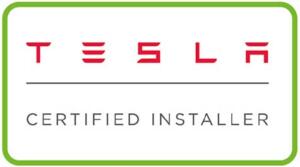Top Trends in Home Electrical Design for 2025 in the UK
As we move further into 2025, the world of home electrical design continues to evolve rapidly. Homeowners in the UK are increasingly seeking innovative solutions to improve their living spaces, focusing on energy efficiency, sustainability, and convenience. With new technologies transforming how we live, work, and play, it’s important to stay ahead of the curve in electrical design.
In this blog, we’ll explore the top trends in home electrical design for 2025 that are revolutionising the way homes are wired, powered, and managed. Whether you’re building a new home or looking to upgrade your current space, understanding these trends can help you future-proof your property and enhance your quality of life.
1. Smart Homes and Automation: The Rise of Intelligent Living
Smart home technology has been gaining momentum over the past few years, but 2025 will see it become an even more integral part of modern homes in the UK. The concept of a ‘smart home’ is no longer a luxury reserved for the tech-savvy – it’s becoming an essential feature for homeowners looking to simplify their lives, reduce energy consumption, and improve security.
What is Smart Home Technology?
Smart home technology refers to the integration of internet-connected devices that can be controlled remotely or automated based on your preferences. From thermostats and lighting to security cameras and smart locks, these devices work together to create a seamless, intelligent living experience.
Key Trends in Smart Homes:
- Voice Assistants & Central Control Systems: Voice-activated assistants like Amazon Alexa, Google Assistant, and Apple’s Siri will continue to dominate the market. These devices allow you to control various elements of your home, from lighting and heating to entertainment and security, all with a simple voice command.
- Smart Lighting & Heating: Programmable lighting systems, such as Philips Hue, and smart thermostats, like the Nest Learning Thermostat, are becoming more popular. These systems adjust automatically to your lifestyle, improving both comfort and energy efficiency.
- Home Security & Surveillance: Smart security cameras, doorbell cameras (e.g., Ring), and motion detectors are now integral parts of home electrical designs. Homeowners can monitor their property remotely through mobile apps, ensuring peace of mind wherever they are.
Benefits of Smart Home Automation:
- Energy Efficiency: Automated lighting, heating, and cooling systems help reduce energy consumption by adjusting according to occupancy or time of day. In the UK, where energy prices are rising, these systems can lead to significant savings on electricity and gas bills.
- Convenience: Imagine your lights turning on automatically when you enter a room, or your thermostat adjusting to your preferred temperature before you arrive home. With smart home systems, these small luxuries become a reality.
- Enhanced Security: With real-time monitoring and smart locks, you can secure your home more effectively. Many systems now come with motion sensors and cameras that alert you instantly if something’s wrong.
Read more about smart home technologies at Smart Home Blog UK for in-depth insights.
2. Energy-Efficient Electrical Solutions: Minimising Consumption and Maximising Savings
As the UK continues to push for greener solutions and reduced carbon footprints, energy-efficient electrical design will be a key trend in 2025. Homeowners are more conscious than ever about the need to reduce their energy consumption, lower their bills, and contribute to environmental sustainability.
Energy-Efficient Appliances and Systems:
One of the most effective ways to reduce energy consumption is by upgrading to energy-efficient appliances and systems. From refrigerators and washing machines to water heaters and dishwashers, the latest models are designed to use less power while delivering the same (if not better) performance.
Key Energy-Efficient Electrical Solutions:
- LED Lighting: Traditional incandescent bulbs are being phased out in favour of LED lights, which use up to 75% less energy and last significantly longer. Expect to see more homes adopting LED lighting throughout the house, from ceiling fixtures to under-cabinet lighting.
- Smart Thermostats & Heating Controls: With heating and cooling accounting for a large portion of household energy usage, smart thermostats can automatically adjust the temperature when you’re not home or based on your routine. This helps save energy without compromising comfort.
- High-Efficiency Appliances: The UK government’s focus on energy efficiency has led to more stringent regulations for home appliances. By 2025, we can expect more energy-efficient appliances hitting the market, including low-energy refrigerators, washing machines, and even electric cookers.
The Importance of Electrical Inspections:
As you upgrade to more energy-efficient systems, it’s important to ensure that your electrical system is up to date. A professional electrical inspection can help identify any issues, ensuring that your new systems run efficiently and safely. Many homeowners are opting for periodic electrical checks to ensure that all wiring and installations are safe and compliant with modern standards.
Explore our Electrical Inspection Services to ensure your home is ready for energy-efficient upgrades.
3. Electric Vehicle (EV) Charging Infrastructure: A Must-Have for Modern Homes
With the UK government aiming to ban the sale of new petrol and diesel cars by 2030, electric vehicles (EVs) are becoming a more common sight on the roads. As a result, EV charging infrastructure is becoming a key consideration for homeowners looking to future-proof their property.
Why EV Charging is Crucial for UK Homes: Installing an EV charging point at home provides numerous benefits, from convenience to cost savings. Charging at home is significantly cheaper than using public charging stations, and it allows you to top up your vehicle overnight, ensuring it’s ready to go each morning.
Key Trends in EV Charging:
- Home EV Charging Points: Home charging stations are now available for all types of electric cars. Level 2 chargers, which offer faster charging speeds than traditional 3-pin plugs, are becoming the standard for new builds and home upgrades.
- Charging Points for Multi-Home Developments: In the future, new housing developments and apartment complexes in the UK will likely include charging points as standard, helping to address the increasing demand for at-home EV charging.
- Smart Charging Stations: Much like other smart home devices, EV chargers are becoming more intelligent. Smart chargers can optimise energy usage by drawing power during off-peak hours, when electricity is cheaper, and offering remote monitoring via apps.
What’s Required for Installation? Installing an EV charger requires specific electrical upgrades to your home. For example, your electrical panel may need to be upgraded to handle the additional load. It’s also important to work with a qualified electrician to ensure the installation meets safety standards and local regulations.
Want to install a charger at home? Check out our EV Charging Installation Services.
4. Solar Power and Sustainable Energy Solutions: Harnessing the Sun’s Potential
The move towards renewable energy continues to gain traction in the UK, and solar power is leading the charge. With the cost of solar panel installation dropping and incentives for renewable energy increasing, more homeowners are looking to integrate solar power into their homes.
Why Solar Power? Solar energy offers an environmentally friendly way to power your home, reducing your reliance on the national grid and lowering your electricity bills. While the initial investment may seem high, the long-term savings and potential government incentives make solar power a worthwhile consideration.
Key Trends in Solar Power:
- Integrated Solar Roofs: Rather than installing solar panels as an afterthought, integrated solar roofing systems are becoming a popular option. These systems combine solar cells with traditional roofing materials, creating a sleek and efficient power generation system.
- Home Battery Storage: With advancements in battery technology, homeowners are increasingly investing in home battery storage systems (e.g., Tesla Powerwall). These systems store excess energy generated by solar panels during the day, which can then be used at night or during power outages.
- Solar-Powered Heating Systems: Solar power can also be used to heat water or even provide heating for the home, reducing your reliance on gas or electric heating systems.
Government Incentives and Grants: The UK government offers various incentives to encourage the adoption of solar energy, such as grants and subsidies for solar panel installation. As the government pushes for a net-zero carbon target by 2050, these initiatives will continue to make renewable energy solutions more accessible to homeowners.
Interested in solar power? Contact us to discuss Solar Panel Installation.
5. The Future of Home Electrical Design: Sustainability and Innovation
As we look toward 2025, the future of home electrical design will undoubtedly be shaped by a growing focus on sustainability and cutting-edge technologies. Homes will continue to become smarter, more energy-efficient, and more eco-friendly, with new systems being developed to make our lives more comfortable and secure.
Key Innovations to Watch:
- Smart Grids: The rise of smart grids will allow homeowners to manage their energy consumption more efficiently. Smart grids allow for better distribution of electricity, reducing waste and improving efficiency.
- Home Automation Integration: As more home systems become interconnected, entire homes will become ‘smart hubs,’ where everything from the lights and heating to security systems and appliances work together seamlessly.
- Renewable Energy Integration: The integration of solar, wind, and other renewable energy sources into home electrical systems will continue to grow. Future homes may be self-sustaining, with built-in renewable energy solutions that generate, store, and use energy independently.
Conclusion: Future-Proofing Your Home with Modern Electrical Design
The trends in home electrical design for 2025 reflect a growing desire for smarter, more efficient, and sustainable living. Whether you’re looking to upgrade your home’s electrical system, integrate smart technologies, or harness renewable energy, there’s no shortage of options to future-proof your property.
At EcoGreen Electrical, we specialise in helping homeowners navigate these exciting trends. From installing EV charging stations and solar panels to integrating smart home systems and ensuring energy-efficient electrical setups, we’re here to guide you through the process of making your home more sustainable, efficient, and modern.
Embrace the future of home electrical design today, and stay ahead of the curve in 2025 and beyond!
Contact us now to explore our services and future-proof your home with the latest electrical designs.
By adding these internal and external links, you enhance your blog’s SEO while also guiding your readers to more of your services and credible external sources. This should help build trust with both search engines and customers!
Frequently Asked Questions
1. How do I know if my home is ready for smart home integration?
To determine if your home is ready for smart home integration, you should check if your existing electrical system can support the added load of devices, and whether your Wi-Fi network can handle the increased traffic from multiple smart devices. A consultation with a professional electrician can help assess compatibility and offer recommendations.
2. Are there government incentives for installing EV charging points at home?
Yes, in the UK, homeowners can apply for the Electric Vehicle Homecharge Scheme (EVHS), which offers a grant to help with the cost of installing a home charging point for electric vehicles. The grant typically covers up to 75% of the installation cost, up to a maximum of £350.

